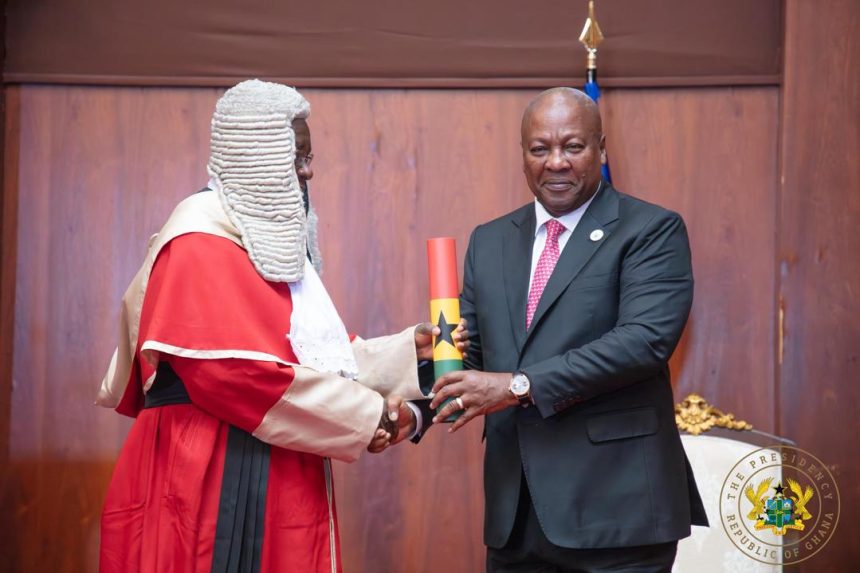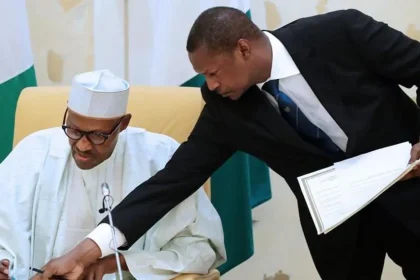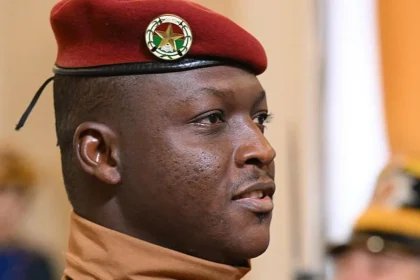The judicial branch of the government has a new leader after President John Dramani Mahama on swore in Justice Paul Baffoe-Bonnie as Chief Justice at a ceremony at The Presidency.
The ceremony followed parliamentary approval earlier this month and ends several months of interim leadership at the Judicial Service.
Justice Baffoe-Bonnie, who had been acting in the role since April, now becomes the country’s substantive Chief Justice, taking charge of an institution central to upholding constitutional governance and protecting the rule of law.
The new Chief Justice brings decades of experience from the High Court, the Court of Appeal and the Supreme Court. His background includes high-profile constitutional, commercial and criminal cases, and he is widely regarded as a methodical, quietly influential figure within judicial circles.
His appointment comes at a time when public expectations of the judiciary are high, with growing calls for improved access to justice, faster case disposal and greater transparency in the courts.
In his acceptance remarks, Justice Baffoe-Bonnie promised to safeguard the 1992 Constitution and maintain an independent judiciary that serves citizens without fear or favour. He stressed that Ghana’s democratic progress depends on a justice system that is free from improper influence and committed to fairness.

He also emphasised that judges at all levels must uphold the highest ethical standards. The robe, he said, is not a symbol of privilege but a responsibility to the public.
The Chief Justice signaled an intention to work closely with legal education institutions to overhaul the way lawyers are trained. He noted that training should move beyond memorisation and focus on nurturing critical analysis, discipline and professional ethics.
This focus reflects broader concerns about delays in the courts, inconsistent professional conduct and gaps in the quality of advocacy, which many believe contribute to public frustration with the justice system.
Justice Baffoe-Bonnie steps into the role at a time when the judiciary faces an extensive caseload, infrastructure constraints and criticisms over perceived politicisation. His leadership will be closely watched for signs of reform, particularly in areas such as case management, judicial accountability and service delivery in lower courts.
President Mahama, in congratulating him, expressed confidence that the new Chief Justice will strengthen the administration of justice and help renew public trust in the courts. The president also reaffirmed his government’s commitment to judicial independence.

The new Chief Justice inherits longstanding institutional hurdles. Backlogs in civil and criminal trials remain a pressing concern, especially in congested urban courts. Many district and circuit courts also struggle with inadequate facilities, limited staff and outdated technology, all of which slow the adjudication process.
He will also be expected to manage sensitive issues around judicial discipline, workload distribution, promotion of judges and relationship-building with the Ghana Bar Association and civil society.






